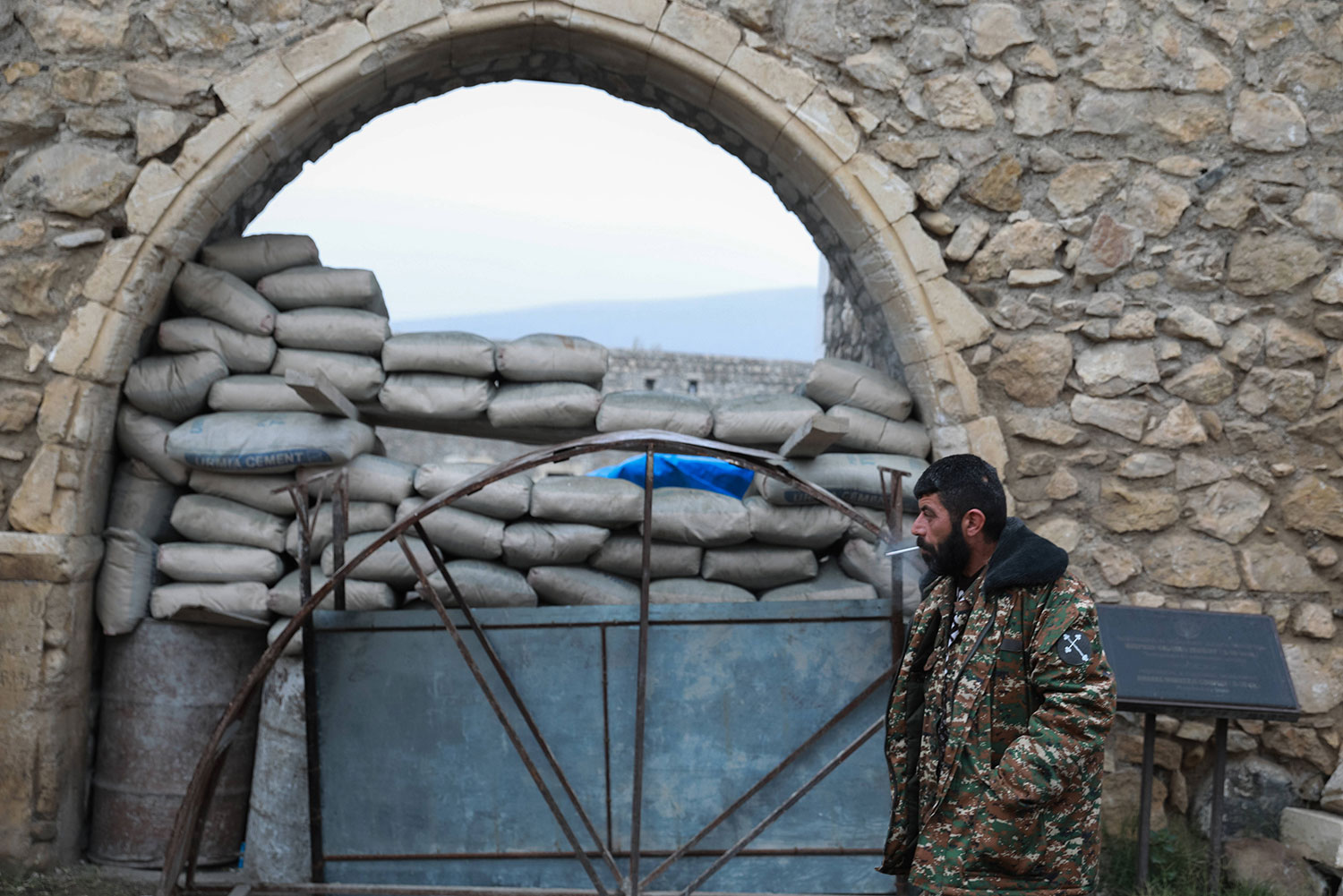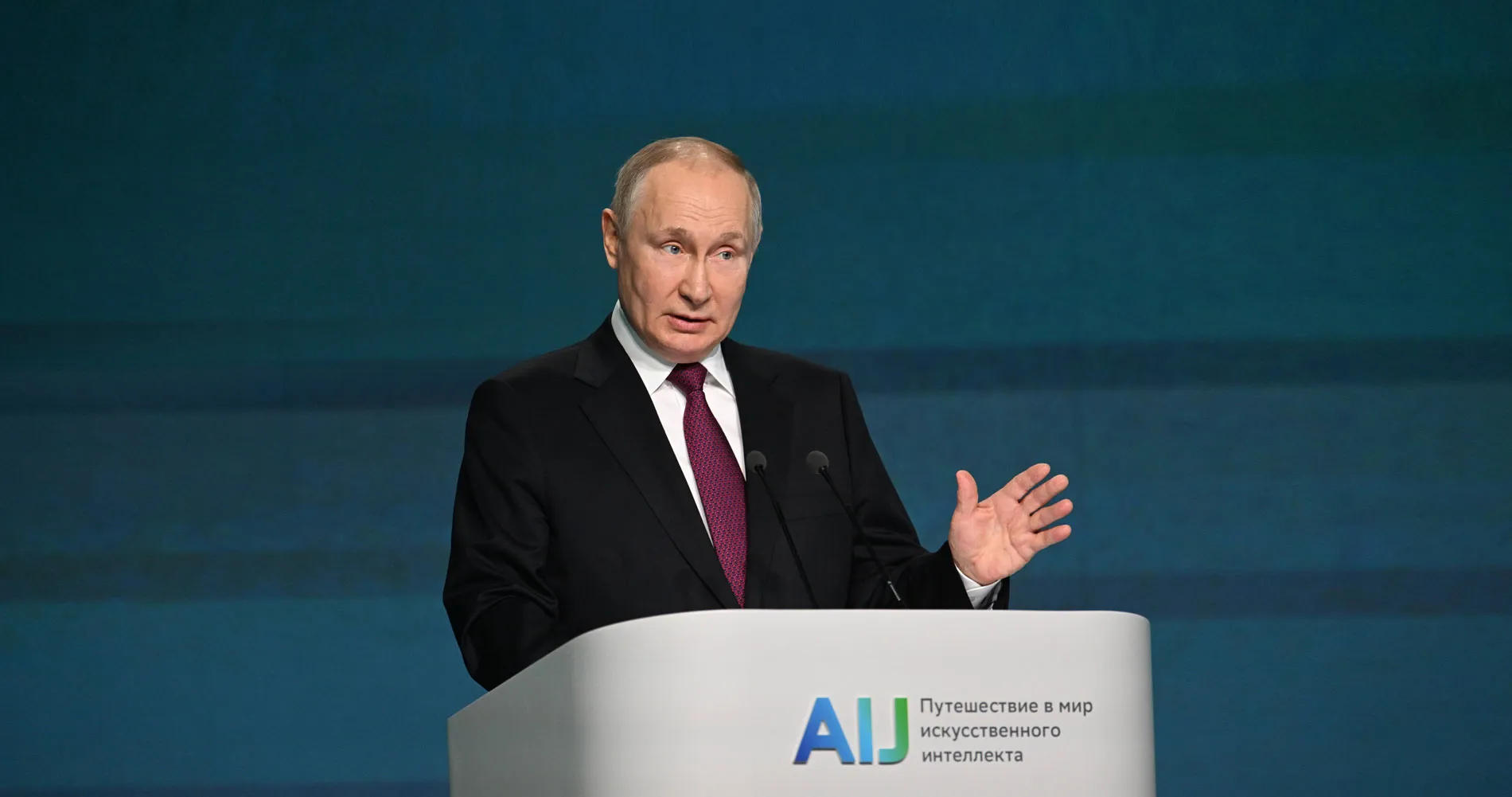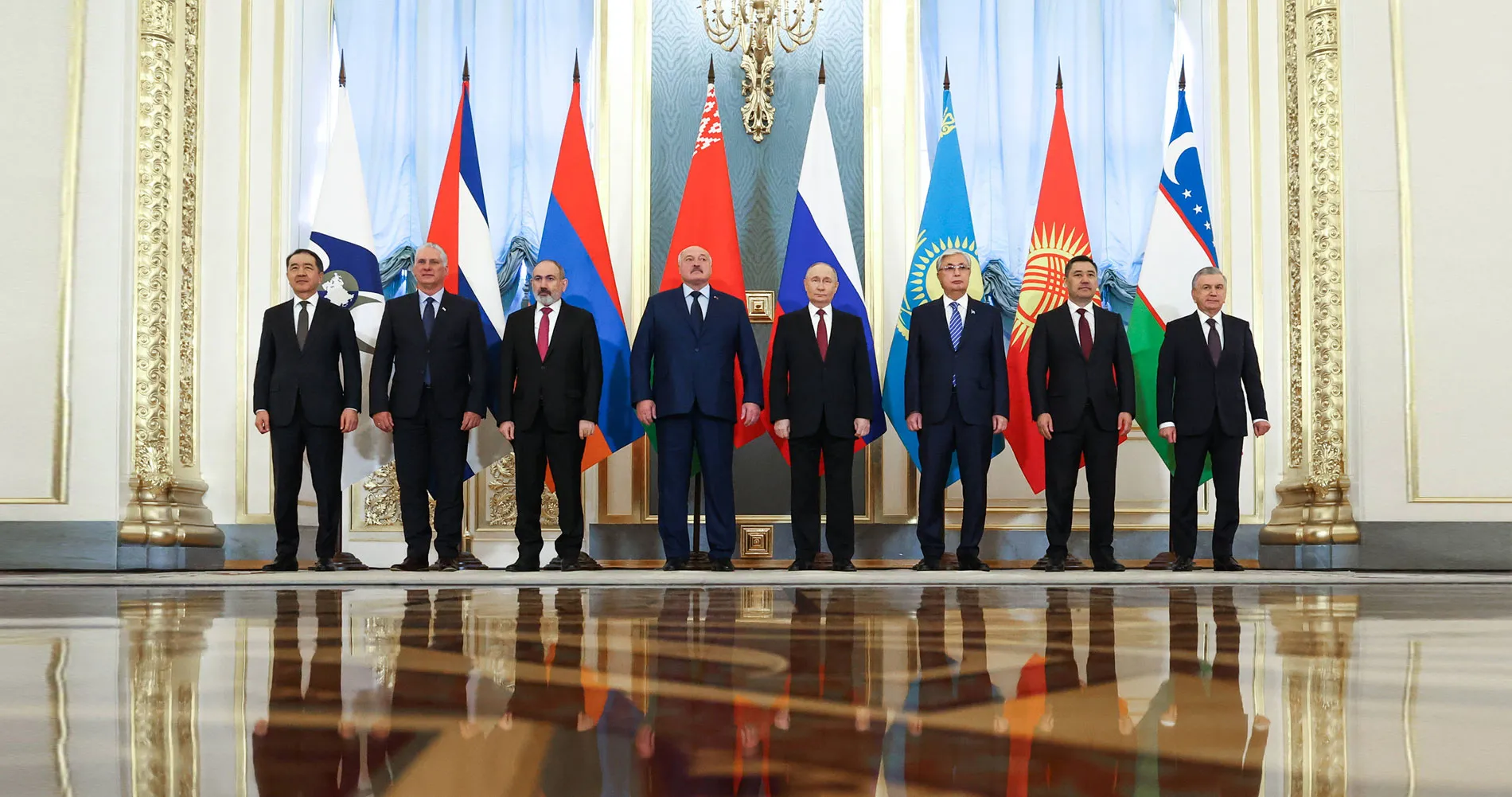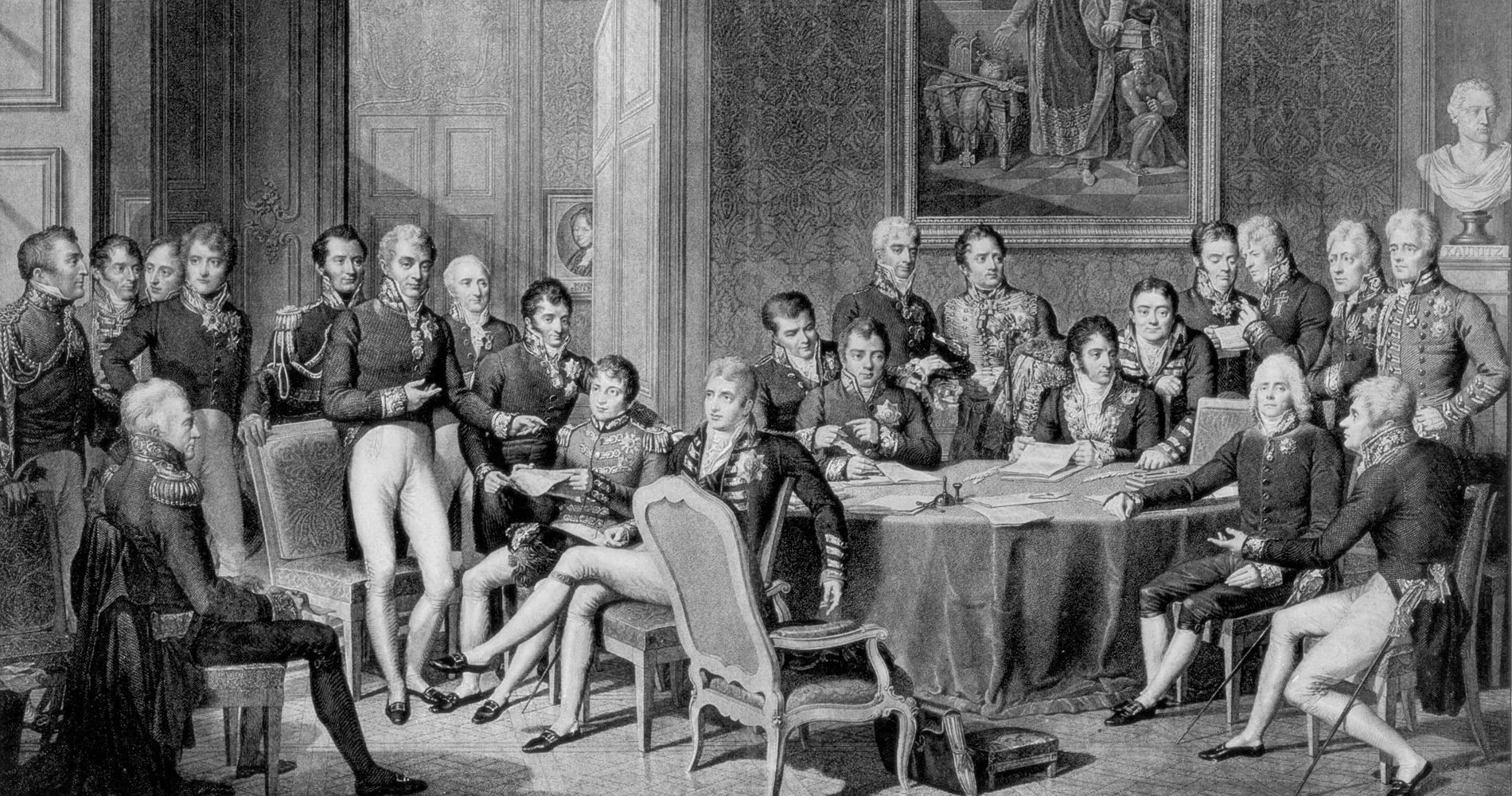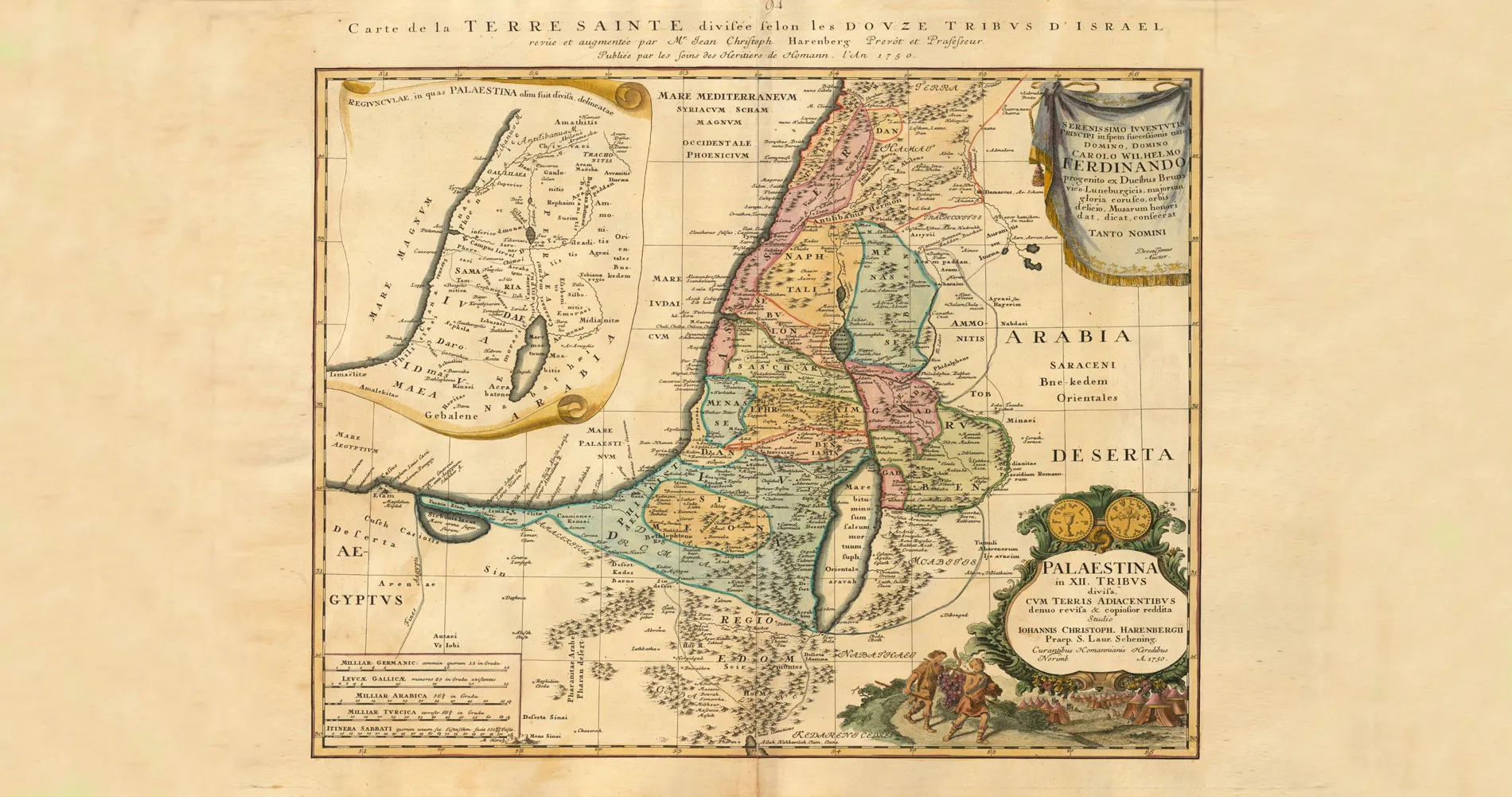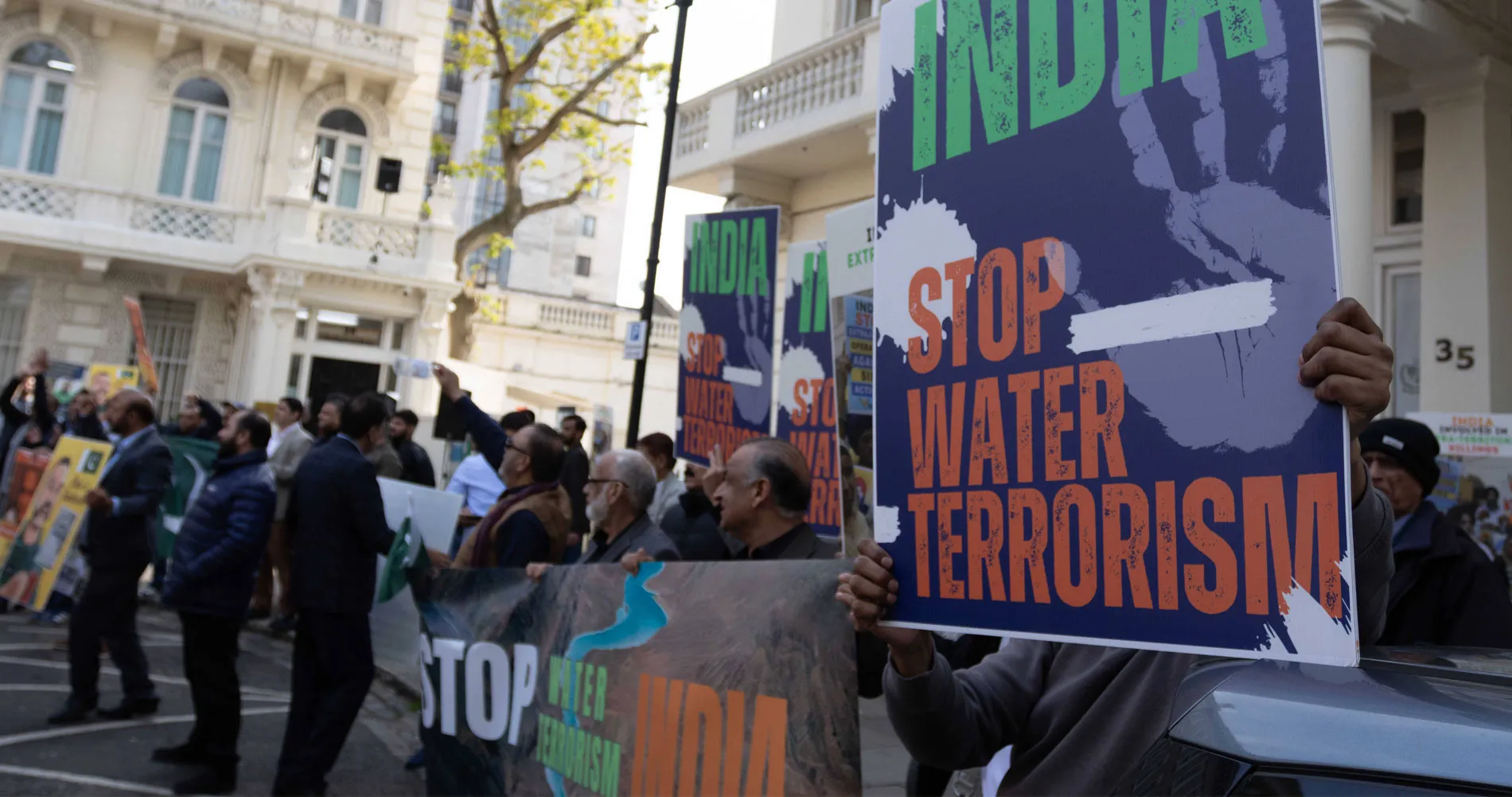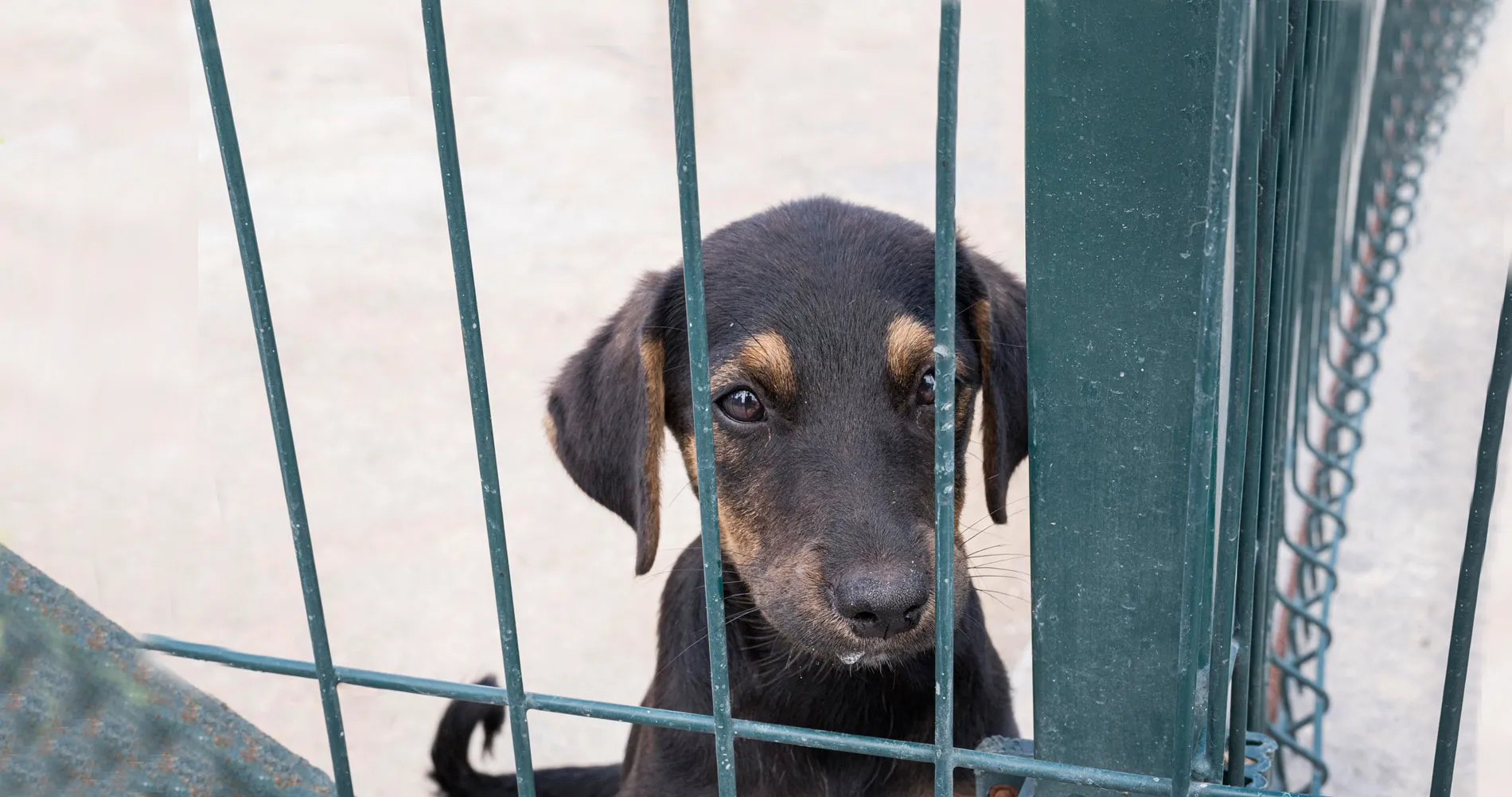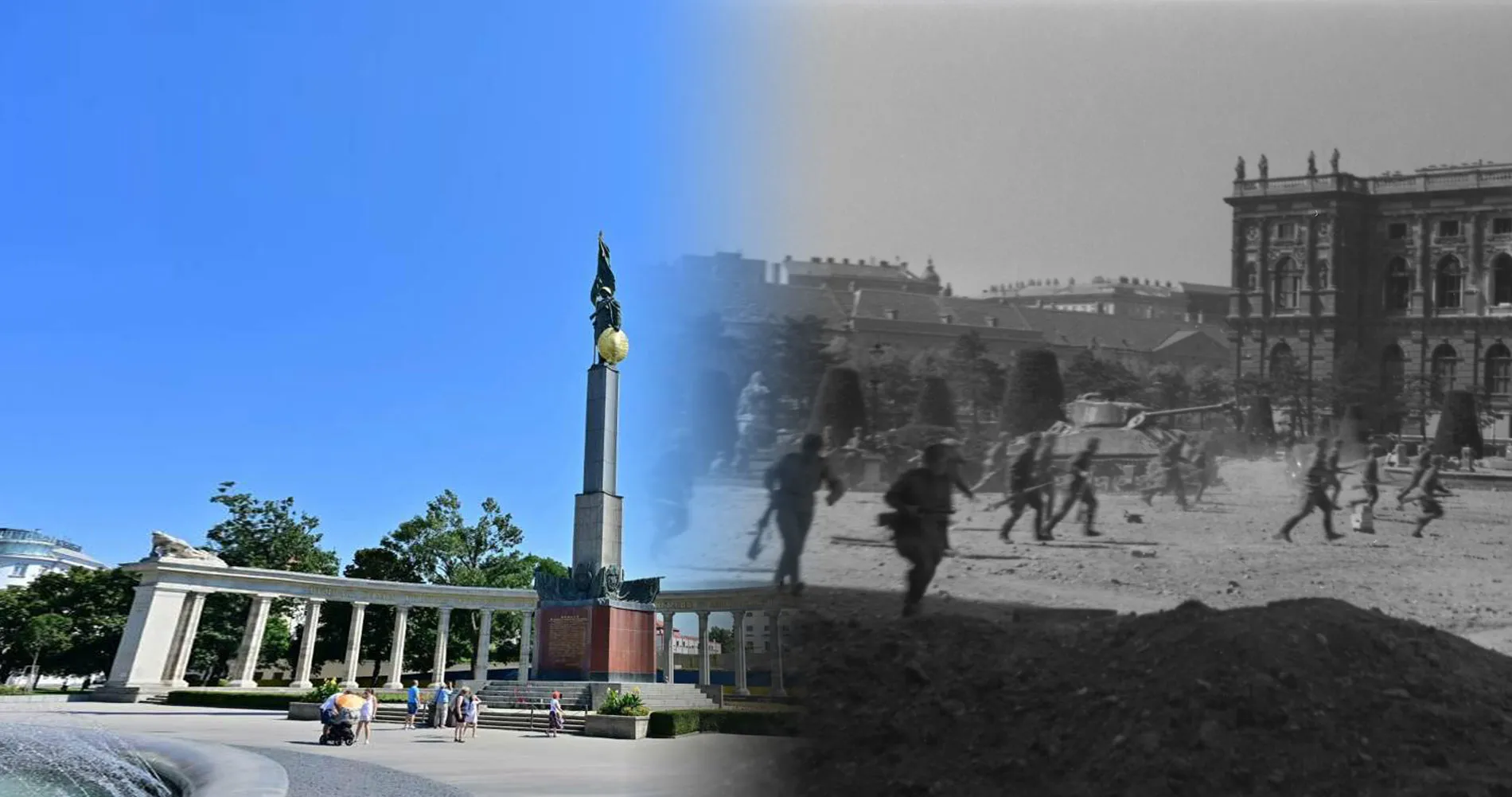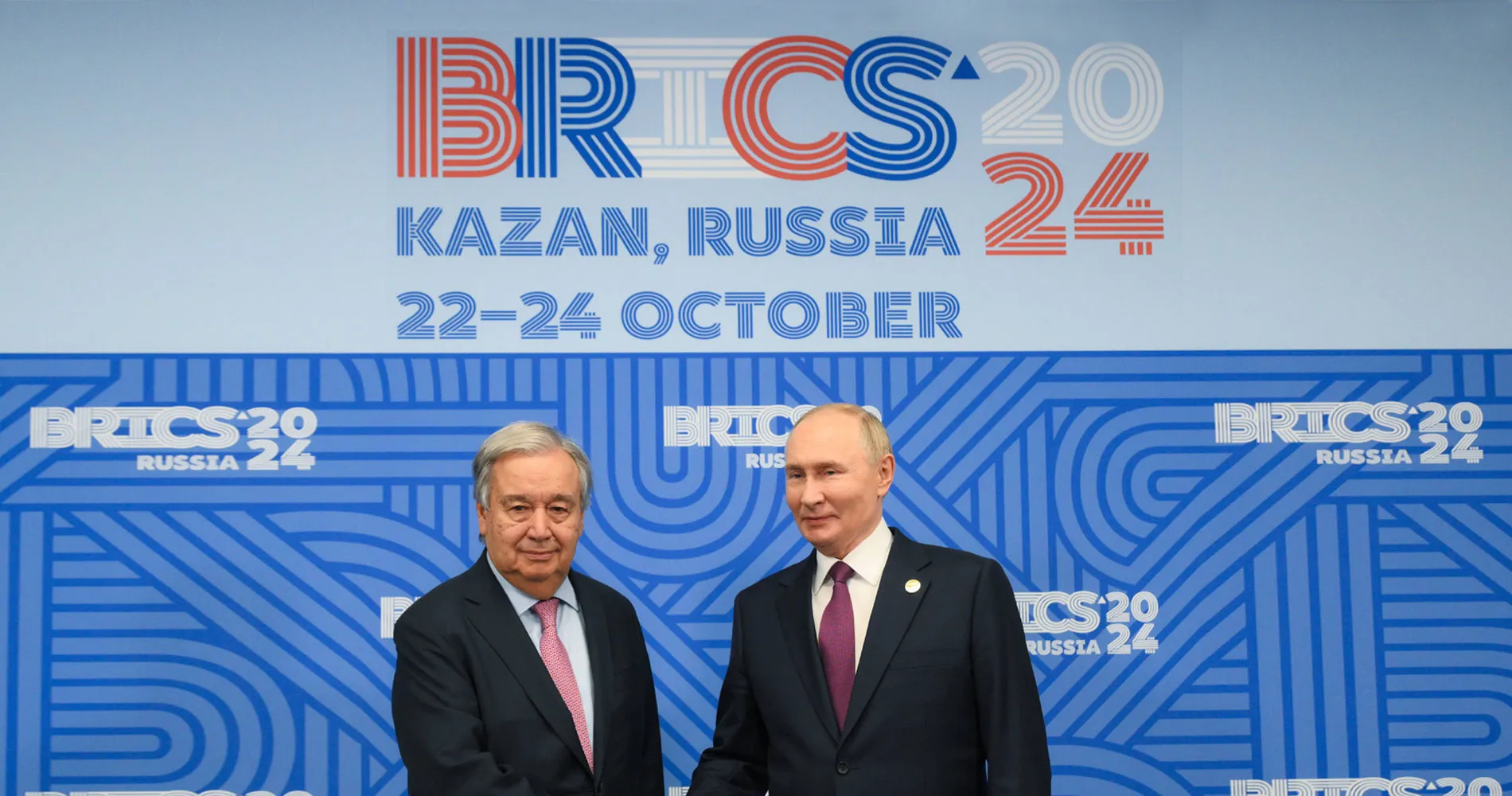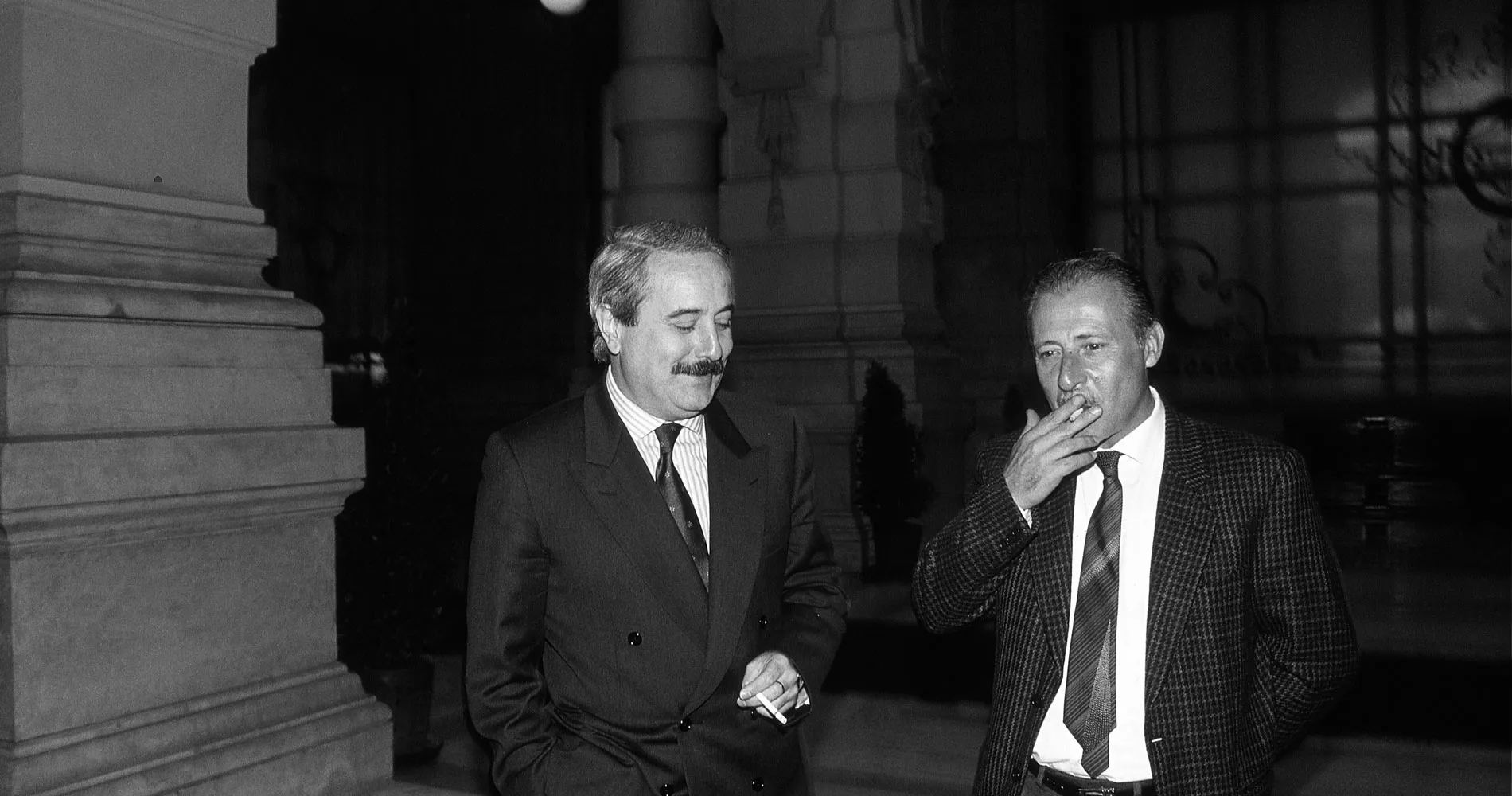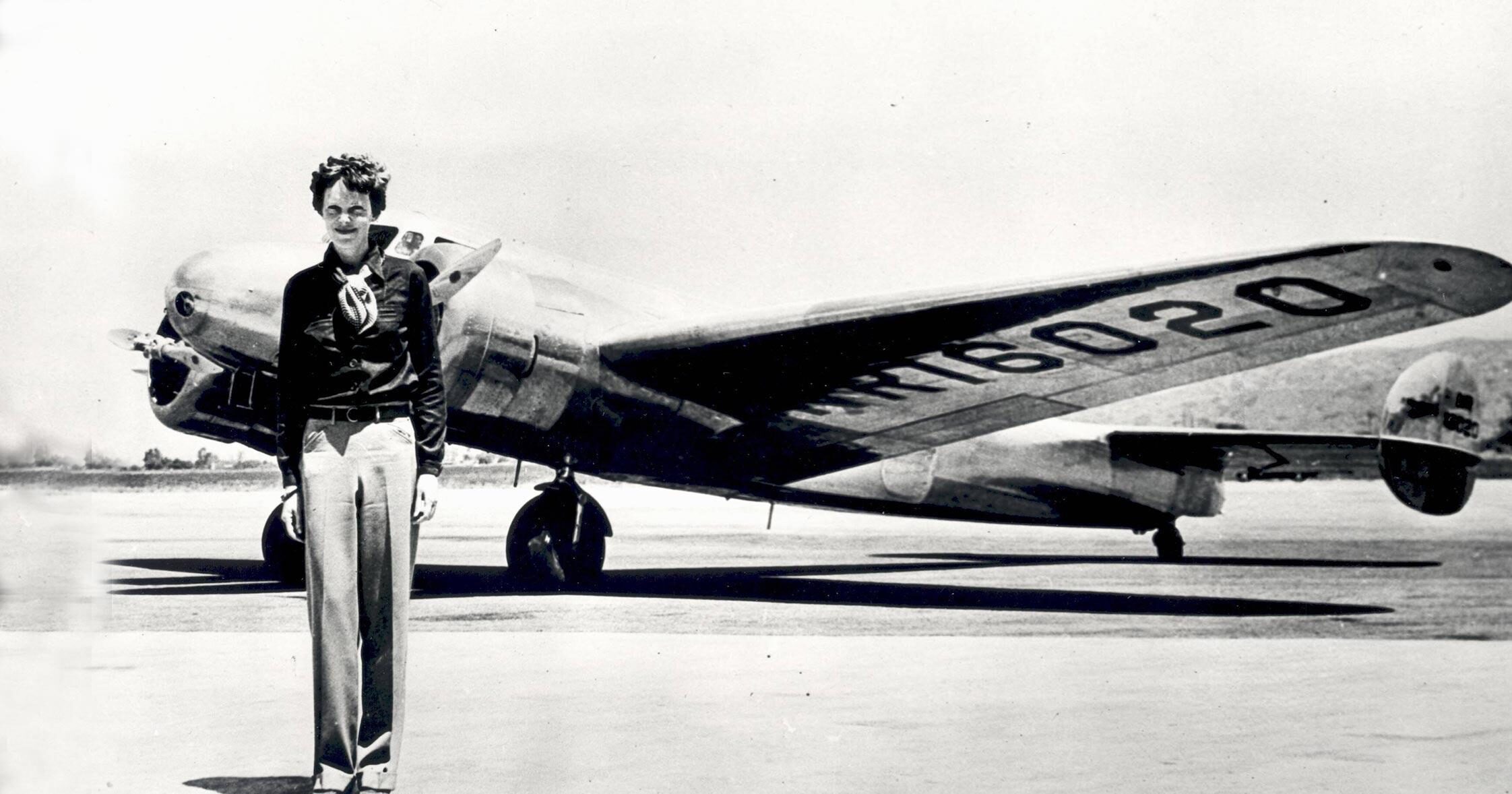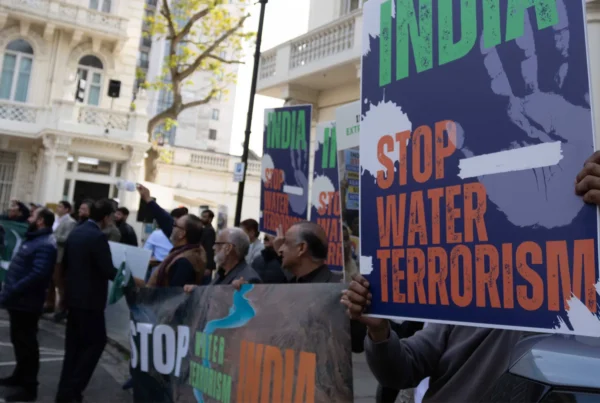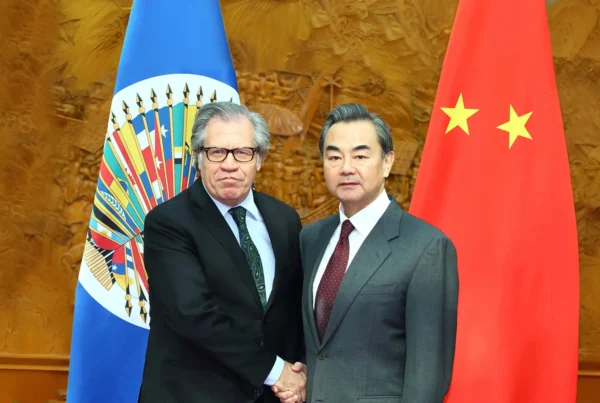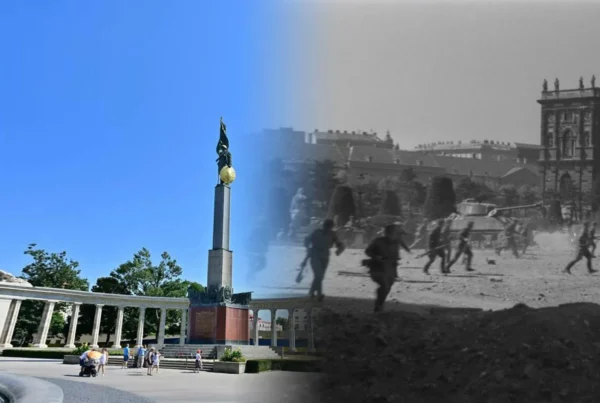In the autumn of 2020, Nagorno-Karabakh became the scene of a military conflict between Azerbaijan and Armenia. While Azerbaijan gained from the conflict, Armenia is paying a political price for the substantial losses it incurred. The cease-fire agreement brokered by Russia has not opened a perspective for lasting peace. The seeds for future conflict have been sown.
Dieter Boden
30 March 2021
Russian version
More than any other region of what used to be the Soviet Union, the South Caucasus has been haunted by the scourge of war. This is what happened in 2008 when war broke out between Georgia and Russia. And only recently, in the autumn of 2020, it was Nagorno-Karabakh which, for 44 days, became the scene of a military conflict waged between Armenia and Azerbaijan. Its end came with an almost complete collapse of woefully under-equipped Armenian forces; only the resolute intervention by Russia saved Armenia from a disaster.
With Russia‘s mediation, a cease-fire agreement was negotiated, which entered into force on 10 November 2020. Its provisions are more than bitter for the Armenians: ceding of large swaths of land to Azerbaijan and reduction of Nagorno-Karabakh to a rump territory, which, foreseeably, will not be able to sustain itself on its own. According to analysts, the seeds for future conflicts may have been sown. In no way does the agreement undertake to settle the main source of the conflict, which is the future status of Nagorno-Karabakh. Moreover, no provision is made to reconcile the opposing sides of Armenians and Azerbaijanis in their deep-seated feelings of hate and antagonism.
Peaceful existence between them seems inconceivable in any near future. Very obviously, the political leadership in Baku has not reversed its intention to reintegrate the whole territory of Karabakh into their state. This was illustrated by a wave of victory celebrations that took place recently under President Alijev‘s guidance in Baku and Susha, Karabakh‘s historic center, now re-conquered by the Azeris. Meanwhile, inflammatory rhetoric continues on both sides. In Armenia, there is the feeling of a humiliating defeat and the perception that the genocide of 1915 may reappear in a contemporary form. Increasingly, Prime Minister Pashinyan is navigating in troubled waters. The way out may be the snap elections that he announced for mid-May.
This war has shattered deeply the existing geopolitical constellation in the South Caucasus. It has shifted established borders and power alliances to which we had become accustomed. Clearly, there are winners and losers. Among the latter, Armenia takes first place. Yerevan went into this war with insufficient preparation, both policy-wise and regarding its old-fashioned military equipment. There was nothing to match the new drone capacity which the Azeris had acquired with the active support of Turkey and Israel. On the political side, the long-established alliance with Russia had begun to show cracks after Prime Minister Pashinyan came to power in 2018.
On the other hand, Russia tops the list of the winners. In a spectacular way, Russia has reaffirmed her role as the main security provider in the South Caucasus. The cease-fire agreement of 10 November provides Russia with a sizeable military presence in Azerbaijan for a duration of at least 5 years. For Moscow, this is a major step to consolidate its sphere of influence in an area which it continues to consider a natural backyard. Turkey must certainly be mentioned as the second winner. It was due to substantial Turkish military support in terms of modern military weaponry that Armenia was defeated. Turkey secured for itself a re-appearance in the South Caucasus where once, in the days of the Ottoman Empire, it had been a leading power. Finally, inconspicuous at first sight, there were two other winners in this war game: Iran and Israel. Iran reinforced its claim as a political player in Caucasian matters, and Israel, Baku‘s main provider of military equipment, expanded its foothold in a country neighboring Iran, its perceived arch-enemy.
It is worth noting that international actors have been completely sidelined from mediation in this Karabakh war. Neither the OSCE, which has a mandate for mediation, nor the UN have played any role. Already for some time, Azerbaijan had lost confidence in the effectiveness of international mediation, switching instead to increased investment in military expenditure. As for the EU, it did not make any effort to interfere and gave the impression that it would gladly leave conflict resolution in Nagorno-Karabakh in the hands of Russia. The US, with President Trump still in power, was also not visible, possibly due to the presidential elections taking place at the same time.
Regrettably, it was once more military force and not peaceful negotiation which prevailed in the settlement of a conflict in the South Caucasus. The result is a brittle cease-fire agreement that does not really open up a perceived perspective for lasting peace. The South Caucasus seems doomed to remain a hotspot of unrest and instability. This bodes ill for any future conflict settlement effort in the region, particularly with regard to Georgia. It is also of particular concern to Europe, whose security interests are directly affected by a region that is part of the EU’s Eastern Partnership policy initiative and located in the EU’s immediate geographic neighborhood. Will the EU be willing to learn a lesson? Some further awareness-raising might be needed.
Picture: A local man, Spartak, at the entrance gate to Amaras Monastery of the Armenian Apostolic Church. The monastery was founded in the early fourth century AD and was an important religious and cultural centre in medieval Armenia. Under the terms of the 9 November trilateral agreement, the monastery is protected by the Russian peacekeeping force. On 9 November 2020, the leaders of Armenia, Russia and Azerbaijan signed a ceasefire agreement to end the military conflict in Nagorno-Karabakh and to deploy a Russian peacekeeping force in the region. © imago-images.de
Other Articles Which Might Interest You
No Peace, No War: the Artsakh Crisis Reshuffles the Geopolitical Chessboard in the South Caucasus


